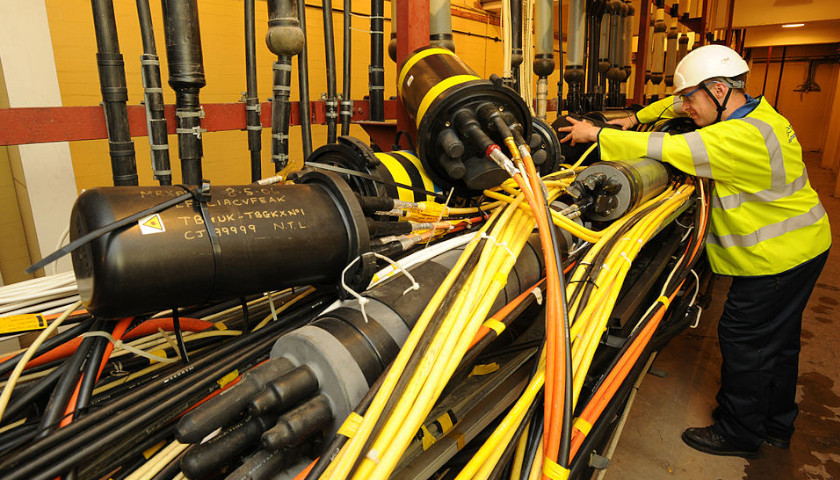by Johnny Kampis
On Wednesday March 8th, city leaders received an earful from local residents and the Taxpayers Protection Alliance (TPA) when they took public comments about the city’s plan to build a $72 million municipal network through its electric utility Cleveland Utilities. TPA testified that the project is duplicative and unnecessary, and that there are numerous factors that raise concerns about its viability.
The city anticipates a take rate of 30 percent. In its research, including in the 2020 report “GON with the Wind: The Failed Promise of Government-Owned Networks,” TPA has found that expected take rate percentages rarely materialize when private providers respond to competition by adjusting pricing or services. This is particularly a concern in Cleveland, given that there are already several internet options in the city and Bradley County.
In 2017, TPA warned Newport officials that their plans for a government internet network there would likely fail. Despite meeting their expected take rate of 45 percent, the project still has been unsuccessful due to spiraling expenses and instances of mismanagement. This has led to increased electric rates for customers of Newport Utilities.
Increased power rates have occurred many times in municipalities that have decided to build their own networks. This has been documented in reports such as TPA’s 2020 GON examination and an analysis by the Phoenix Center. In almost every instance, local leaders had good intentions – like those of the leaders in Cleveland – but the plans went awry due to factors such as higher-than-expected expenses or lower-than-anticipated take rates.
Cleveland electric ratepayers run the same risk since the proposed project would be subsidized by a $8 million start-up loan from Cleveland Utilities’ electric division. This is in addition to a planned bond issue by the city to pay for the rest of the project.
Cleveland officials also risk long-term fallout for local taxpayers beyond potential losses from broadband. In many cities with failed GONs, credit ratings have dropped, which can result in higher interest rates for loans to pay for other civic projects. Such a downgrade recently occurred in Knoxville due to risks involved with their broadband project.
The city’s plan to incorporate smart meters as part of this network also raises privacy concerns. The Electronic Frontier Foundation (a GON advocate) pointed out recently that smart meters pose serious risks to consumer privacy and can be a conduit for hacking.
Given the huge financial risk this government internet project brings to taxpayers in Cleveland and Bradley County, combined with the fact the area is already serviced by multiple providers offering gigabit-capable speeds, TPA highly recommends that city leaders pull the plug on this proposal.
During the public hearing on the issue Wednesday night, Mayor Kevin Brooks, one of the staunchest GON advocates during his 12 years in the Tennessee Legislature, mentioned outsiders such as TPA coming to his town to testify against the proposal. Rather than worry about outsiders, Brooks should listen to his own constituents, as the majority of residents who spoke at the hearing expressed doubt that the plan is a good idea. Most of them want to vote on the project. Brooks and the City Council should listen to them.
– – –
Johnny Kampis is director of telecom policy for the Taxpayers Protection Alliance.
Photo “Broadband Installation” by BT’s BDUK Partnerships Fibre Rollout Photography. CC BY 2.0.






Well, my electric coop decided a few years ago that everyone deserved broadband and by golly, by gum they were going to provide it. For the life of me I thought the electric coops were formed to provide electrical service in rural communities. But no, that was not enough, besides how are you going to justify growing your business operation by just adding poles and drops to an already existing grid? Oh, by the way, 4 years later I do not have the option to join the coop’s broadband service because it has not been installed in my area. Besides I have AT&T and I am quite happy with their service. I have to wonder how much of what I pay has been squandered on this broadband expansion.